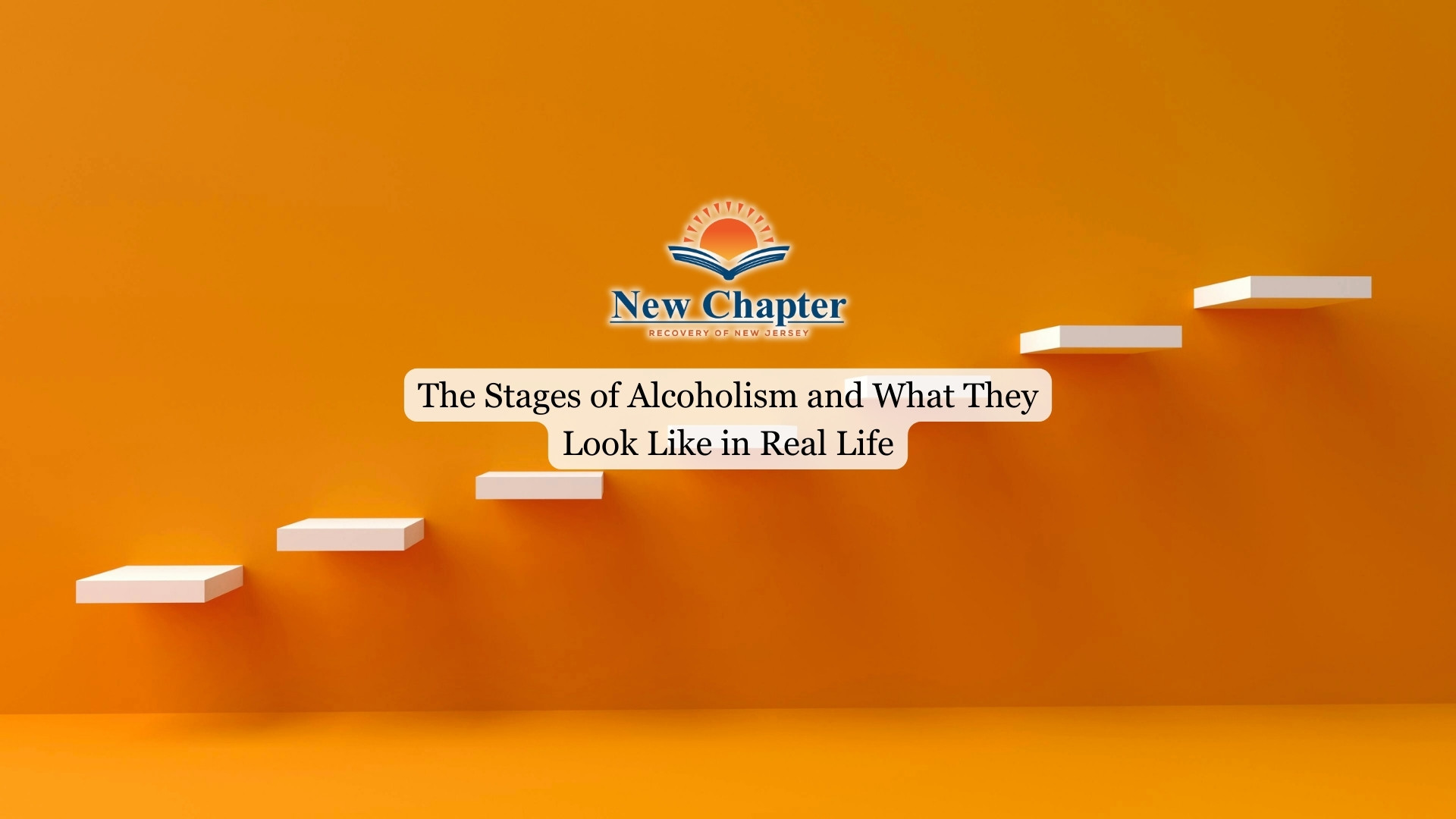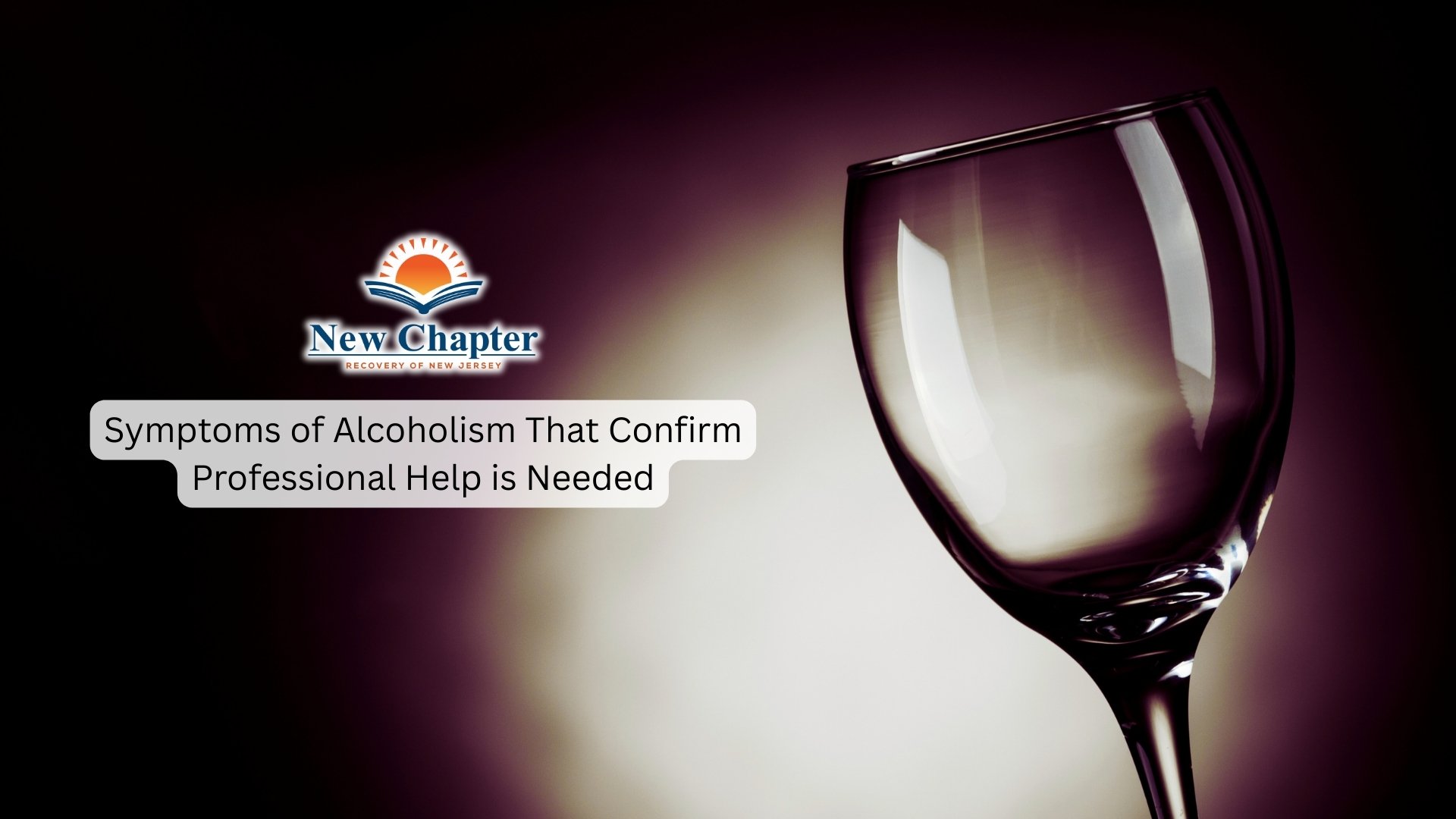Ritalin, a prescription drug primarily prescribed to treat Attention Deficit Hyperactivity Disorder (ADHD), is famous for its stimulant effects that improve focus and manage hyperactivity. However, extended use can result in physical and psychological addiction, making withdrawal a difficult process for many people.
Being well-informed about these withdrawal symptoms is essential for anyone thinking about stopping Ritalin, as it underscores the necessity of obtaining medical advice to navigate this intricate process safely and successfully.

Table of Contents
TogglePhysical Symptoms
During ritalin withdrawal you may experience fatigue, leaving you tired and lacking energy throughout the day. Muscle weakness can make even simple tasks feel challenging. Nausea and headaches are also common, adding to the overall discomfort.
As your body’s metabolism readjusts, you might notice an increased appetite. This is a normal response as your body tries to regain equilibrium without Ritalin. You may also experience changes in your sleep patterns, either struggling with insomnia or feeling excessively sleepy during the day.
These physical symptoms typically begin within 72 hours after your last dose and can persist for one to three weeks. The severity and duration of the symptoms can vary based on factors such as the dosage you were taking and the length of time you were using Ritalin.
Remember that while these symptoms are uncomfortable, they’re a sign that your body is healing. Reach out for professional support and enroll in a comprehensive Ritalin Addiction Treatment Program to help manage your symptoms and stay on track with your recovery.
Psychological Symptoms
You may experience intense anxiety, which can manifest as panic attacks or heightened agitation in the absence of the drug.
Depression is also common due to the disruption of dopamine regulation, leading to feelings of hopelessness or low mood. Prepare for potential irritability and mood swings, as maintaining emotional stability during withdrawal can be challenging.
Paranoia can also surface, causing you to feel suspicious or overly defensive without clear reasons. Cravings for Ritalin are prevalent during this time, often triggering intense urges to use the drug again to alleviate psychological symptoms.
Check out the warning signs of ritalin addiction and learn how to identify them as soon as possible for early intervention.
Ritalin Withdrawal Symptoms Timeline
Within the first 72 hours after your last dose, early withdrawal signs such as anxiety, irritability, low mood, sleep disruptions, and fatigue may begin to appear.
Between days 4-7, withdrawal symptoms often peak, leading to heightened discomfort as the body adjusts to the absence of the drug.
While physical symptoms like fatigue, muscle weakness, nausea, headaches, and increased appetite tend to improve sooner, psychological effects such as cravings and mood instability can persist for several weeks.
Find out what are the potential side effects of abusing ritalin:
Factors Influencing Withdrawal Severity
The duration of Ritalin use and the dosage taken can greatly influence the intensity of withdrawal.
If you’ve been using the drug for an extended period or at higher doses, you’re more likely to face stronger withdrawal symptoms compared to short-term or low-dose users.
Co-occurring mental health disorders can also amplify the challenges of Ritalin withdrawal, leading to heightened anxiety, depression, and irritability during the detox process.
If you have a history of substance abuse, you may be at a higher risk of severe withdrawal symptoms, as previous addictions can complicate recovery due to intensified cravings and psychological distress.
It’s crucial to understand that each person’s physiology, including their metabolism and overall health, can impact the withdrawal timeline and symptom severity.

Treatment Options
Detox is often the first step, lasting one to two weeks under medical supervision. You’ll receive support to manage physical symptoms and ensure safety during this critical period.
Behavioral therapy, such as cognitive-behavioral therapy (CBT) and group therapy, is essential for addressing the psychological aspects of addiction. You’ll learn coping skills, identify triggers, and develop strategies to maintain sobriety.
Medication-assisted treatment (MAT) may be used to help manage withdrawal symptoms and cravings. These medications can stabilize brain chemistry and alleviate discomfort, making the recovery process more manageable.
Ongoing support through counseling and support groups is vital for preventing relapse and promoting long-term recovery. You’ll connect with others who understand your struggles and gain valuable insights and encouragement.
Developing healthy coping mechanisms and engaging in regular physical activity are important strategies for managing symptoms and enhancing your recovery.
Final Thoughts from New Chapter Recovery
Our Addiction specialists at New Chapter Recovery develop personalized treatment plans that address the unique needs of each individual, increasing the likelihood of achieving and maintaining sobriety. Our dedicated team is committed to guiding you through each step of your recovery journey. We provide the tools and encouragement needed to overcome addiction.
Frequently Asked Questions About Symptoms of Ritalin Withdrawal
1. Why do I feel extreme hunger after stopping Ritalin?
Ritalin suppresses appetite by affecting dopamine and norepinephrine levels in the brain. When you stop taking it, your metabolism and hunger signals readjust, leading to an increase in appetite. This is a normal response as your body works to restore balance after stimulant use.
2. Are mood swings common during Ritalin withdrawal?
Yes, mood swings are common as the brain readjusts to functioning without Ritalin’s stimulant effects. Since Ritalin affects dopamine levels, withdrawal can lead to irritability, anxiety, and emotional instability. These mood changes usually improve over time as brain chemistry stabilizes.
3. Can headaches from Ritalin withdrawal be severe?
Yes, headaches can range from mild to severe due to changes in blood flow, dopamine levels, and central nervous system activity. Dehydration, stress, and sleep disturbances during withdrawal can also contribute to headaches. Staying hydrated, resting, and managing stress can help reduce their severity.
4. Why do some people experience paranoia during Ritalin withdrawal?
Ritalin affects dopamine, a neurotransmitter linked to mood and perception, and sudden withdrawal can cause imbalances that lead to paranoia or heightened suspicion. Sleep deprivation and anxiety during withdrawal can also intensify these feelings. If paranoia becomes severe or persistent, seeking medical support is recommended.






